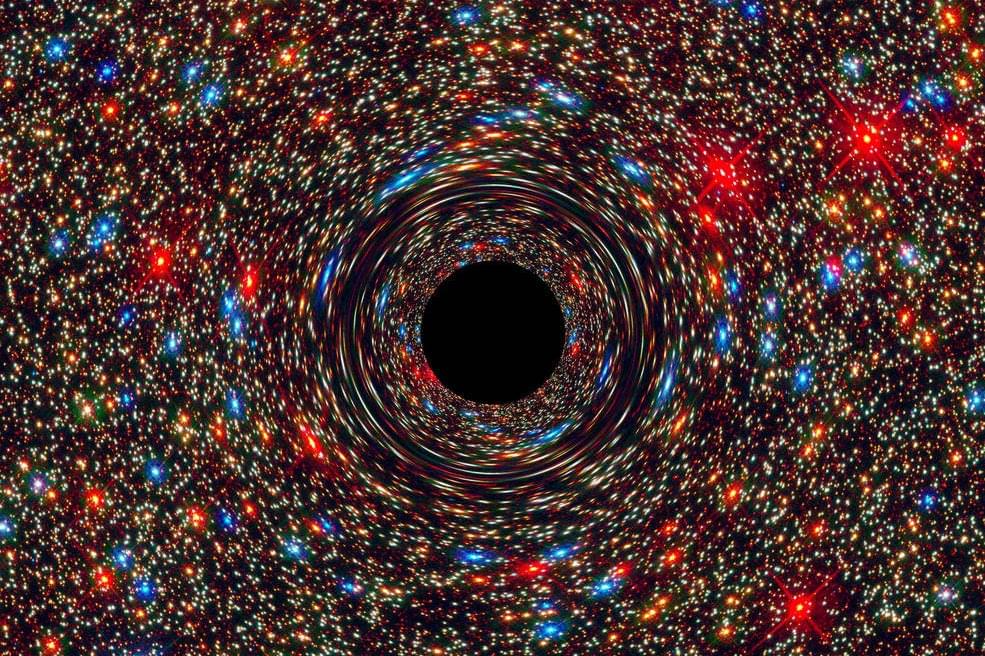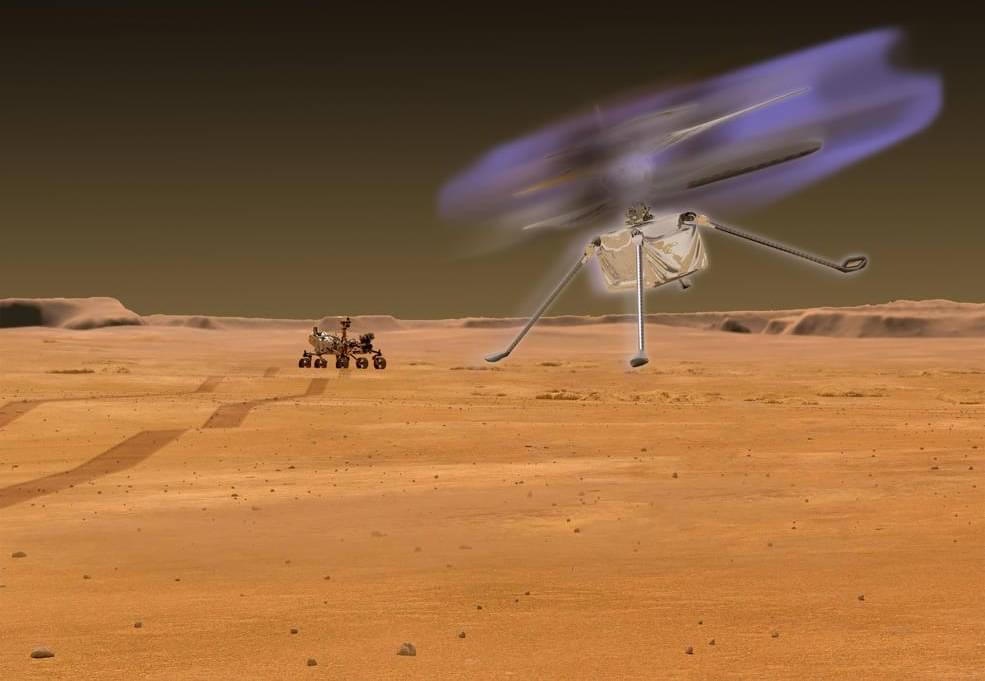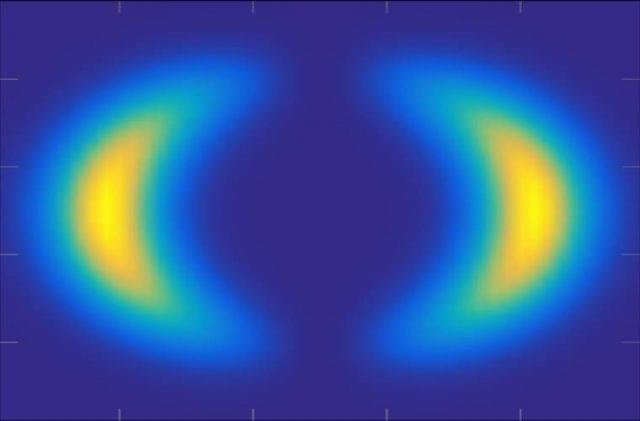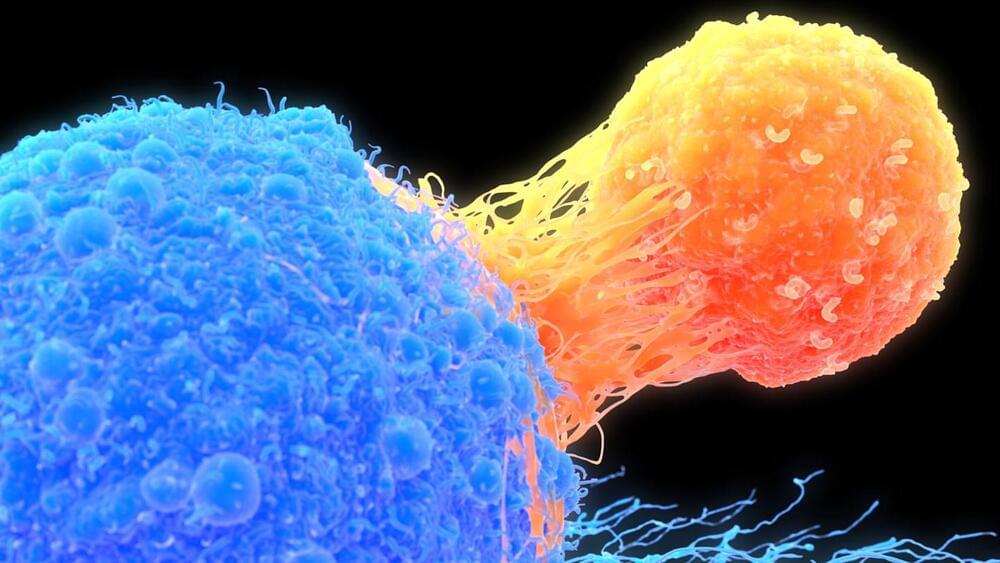Weighing in at seven times the mass of our sun, the dark object is by far the best-yet candidate for a free-floating stellar-mass black hole.
Hold on to your hats. SpaceX Starlink Premium offers much faster internet to those that need it most, like businesses and other organizations. It’s the latest in Elon Musk’s plans for the service.
Antiretroviral therapy, the standard treatment for HIV, can remove any trace of the virus from the blood, but a hidden reservoir of HIV persists in patients who are in treatment. That means patients are never truly cured and need to be on HIV drugs for the rest of their lives.
Researchers have yet to discover a way to eliminate the virus in its latent stage, but new, early-stage research suggests a landmark cancer drug — pembrolizumab, also known as Keytruda — may be able to help. In a study published Wednesday in Science Translational Medicine, researchers looked at 32 patients that had both cancer and HIV and found that pembrolizumab, which revives the immune system and encourages it to attack tumors, also has the ability to flush HIV out of its hiding spot in immune cells.
study:
https://www.science.org/doi/10.1126/scitranslmed.abl3836
If the Ingenuity helicopter would fly at night on Mars, its very possible the whirring rotors would create enough static electricity in the extremely dry Martian atmosphere to cause the air around the craft to glow.
“The faint glow would be most visible during evening hours when the background sky is darker,” said William Farrell, from Goddard Space Flight Center and lead author of a paper on this topic. “NASA’s experimental Ingenuity helicopter does not fly during this time, but future drones could be cleared for evening flight and look for this glow.”
If you’ve ever shuffled your feet across a wool carpet on a dry winter day, and then reached out to touch a metal doorknob, you’re familiar with the static discharge that creates a little zap — a spark — that leaps between your fingers and the metal knob.
Summary: A breakdown in regulatory mechanisms causes iron to build up in the brain during aging, increasing oxidative stress and increasing the risk of age-related cognitive decline, a new study reports.
Source: Northwestern University.
Breakdowns in regulatory mechanisms cause iron to build up in the brain as organisms grow older, increasing oxidative stress and causing cellular damage, according to a Northwestern Medicine study published in the journal eLife.
The carmaker’s confidence this early in the year surprised analysts skeptical it can boost global annual production volumes by 25% at least.
Sorry to our fellow hopeful space nerds, but we have to burst everyone’s warp bubble. Despite recent reports that scientists have “accidentally created a warp bubble,” it looks like warp speed is still a few baby steps away. But all hope is not lost: a group of scientists led by Dr. Harold G. “Sunny” White has proposed a structure that could actually be built in the real world and used to study the Casimir effect. It might be a baby step, but it’s a real one.
Breaking the ‘cosmic speed limit’ with the Casimir effect
To make a warp drive, first you need to master the Casimir effect. The Casimir effect, for the uninitiated, is a very small attractive force that exists between two uncharged but conductive parallel plates that are held very, very close together. It used to be a purely hypothetical offshoot of relativity. However, now that we’ve seen it happen in real life, it’s high on the list of real-world phenomena scientists are investigating to figure out how we might finally crack the problem of interstellar space exploration.
On this land taken from Indigenous Peoples, a new nation was eventually born, largely built by those whose ancestries traced back to the Old World via immigration and slavery.
As the country grew, inventions like the telephone, airplane, and Internet helped usher in today’s interconnected world. But the inexorable march of technological progress has come at great cost to the health of the planet, particularly because of global dependence on fossil fuels. The United Nations declared in 2017 that a Decade of Ocean Science for Sustainable Development would be held from 2021 to 2030. This Ocean Decade calls for a worldwide effort to reverse the oceans’ degradation.
The dawn of this decade, 2020, also marked the 400th anniversary of the Mayflower’s journey. Plymouth 400, a cultural nonprofit, has been working for more than a decade to commemorate the anniversary in ways that honor all aspects of this history, said spokesperson Brian Logan. Events began in 2020, but one of the most innovative launches is still waiting in the wings—a newfangled nautical craft, the Mayflower Autonomous Ship, or MAS.
Why hire a sushi chef when you can buy a sushi robot that cranks out 3,600 pieces of sushi per hour? This week, Suzumo debuted its newest sushibot the fastest in the world at the World Food and Beverage Great Expo 2012 in Japan.
Long-lasting leukemia remission prompts doctors to call CAR-T cell therapy a ‘cure’ for some.









